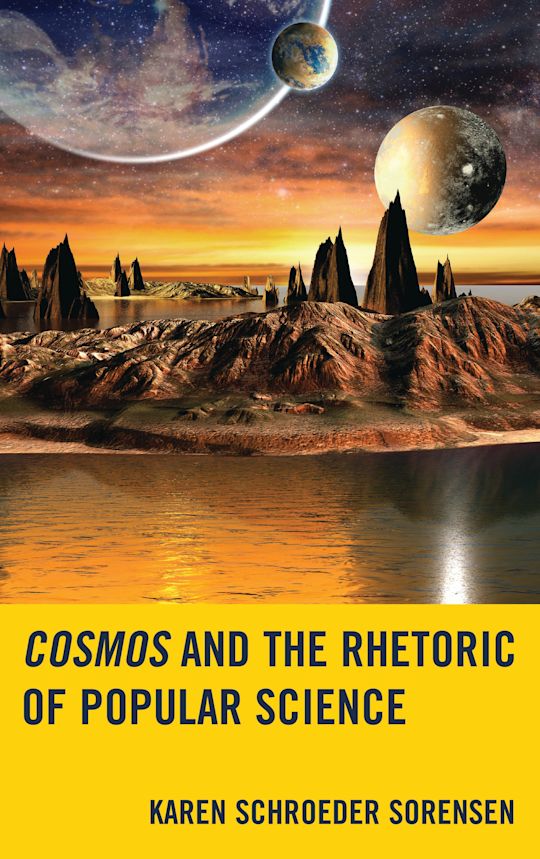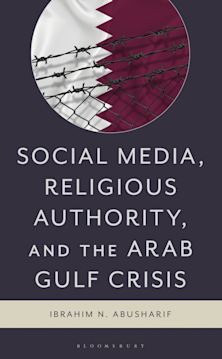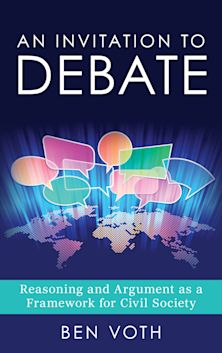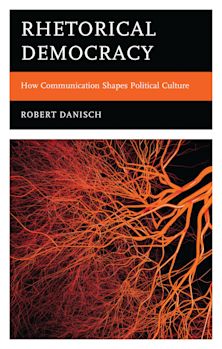- Home
- ACADEMIC
- Communication Studies
- Rhetoric
- Cosmos and the Rhetoric of Popular Science
Cosmos and the Rhetoric of Popular Science
This product is usually dispatched within 1 week
- Delivery and returns info
-
Free US delivery on orders $35 or over
You must sign in to add this item to your wishlist. Please sign in or create an account
Description
Carl Sagan’s Cosmos inspires audiences to look at the universe with new eyes and to appreciate humanity’s importance in it. Sagan’s deft use of rhetorical strategy creates an experience that pushes beyond the limits of a mere “educational” program to reveal a mythic adventure. Although Sagan contributed much to the field of science as well as to public understanding of it, Cosmos remains his signature brand. Cosmos and the Rhetoric of Popular Science builds on Thomas M. Lessl’s observations regarding Cosmos’ connection to the mythic and science fiction. It delves deeply into Sagan’s rhetorical construction of the program in order to understand what elements contributed to its mythos.
Table of Contents
Chapter 1: Cosmos’ Epic Journey
Chapter 2: Cosmos’ Context in Time
Chapter 3: Ethos and the Popular Science Persona
Chapter 4: The Forum of Television
Chapter 5: Cosmos and the Creation of a Popular Science Mythos
Chapter 6: The Rhetorical Art of Cosmos
Chapter 7: Cosmos for Another Generation
Appendix 1: Cosmos: A Personal Voyage Scene Index
Appendix 2: A Spacetime Odyssey Scene Index
Appendix 3: Terms and Definitions
References
About the Author
Product details
| Published | Jun 27 2017 |
|---|---|
| Format | Hardback |
| Edition | 1st |
| Extent | 178 |
| ISBN | 9781498507592 |
| Imprint | Lexington Books |
| Illustrations | 26 Tables |
| Dimensions | 9 x 6 inches |
| Publisher | Bloomsbury Publishing |
About the contributors
Reviews
-
In an era of attacks upon science and the proliferation of alternative facts, Karen Schroeder Sorensen’s new book is important for social reasons. It is also valuable to scholars of communication, rhetoric, and the hard sciences. In this volume she explores ways in which science is popularized while retaining its integrity. Her focal object of study, the Cosmos series, is an excellent example of the popularized communication of scientific knowledge. This will be indispensable in every library.
Barry Brummett, University of Texas at Austin
-
In a deft analysis, Schroeder Sorensen explores the cultural impact that the PBS series, Cosmos, has enjoyed—and continues to enjoy—with American audiences. As Schroeder Sorenson shows, much of the series’ success rests in Sagan’s carefully-constructed image as scientist, Odyssean space explorer, and trusted companion. In analyzing Sagan’s ethos, Schroder Sorensen offers readers a useful toolkit for further explorations of science and its intersections with popular culture.
James S. Baumlin, Distinguished Professor, Missouri State University
-
This book offers a much-needed contribution to the rhetoric of science by elaborating on concepts that often go unexplored (or at least underexplored), most particularly mythos and storytelling. Where much work in rhetoric of science focuses on logos and persuasion, or on pathos and identification, Schroeder Sorensen shows how Sagan evoked various powerful myths—from blockbuster films to Christianity—to foster public television viewers’ feelings of identification with science and scientists. By approaching the question of identification via mythos, Schroeder Sorensen offers new ways to understand the epideictic function through which science popularization builds communities.
Sarah Perrault, University of California, Davis, Ph.D.
-
A rhetorical analyst is primarily concerned with how a text means. Professor's Sorensen's treatment of this matter in her analysis of the popular science miniseries Cosmos: A Personal Voyage is impressive. Sorenson lends a skillful eye to the way the miniseries became and remains a rhetorically vibrant and mesmerizing narrative of our civilization and its status in the ever-expanding universe. Students of rhetoric will receive a valuable education as they read Sorensen's book. Highly recommended.
Michael J. Hyde, university distinguished professor of communication ethics, Wake Forest University


































